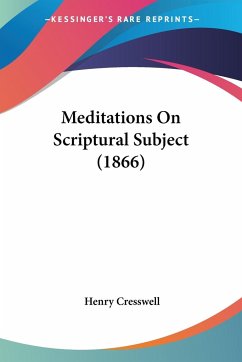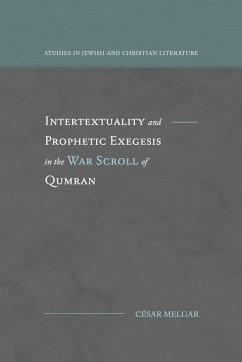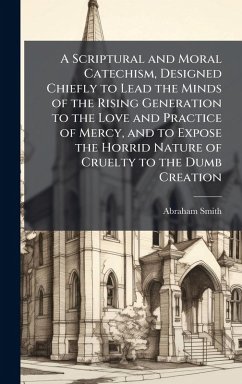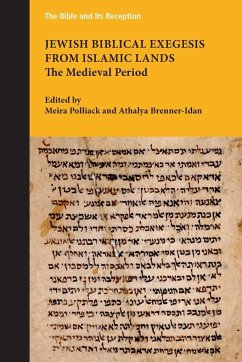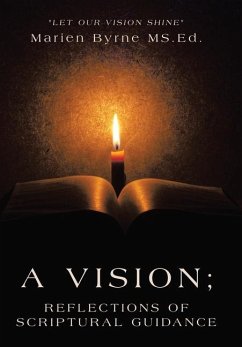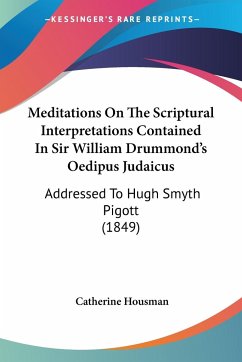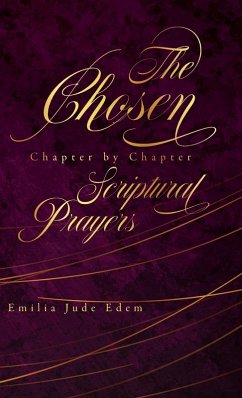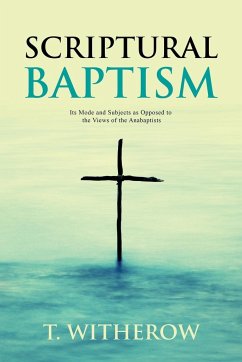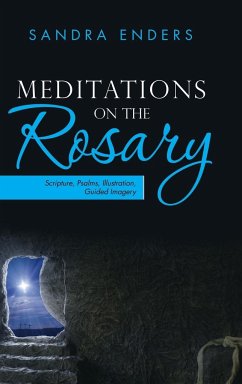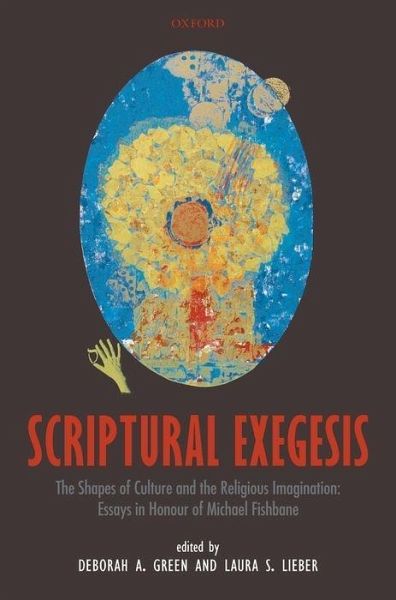
Scriptural Exegesis
The Shapes of Culture and the Religious Imagination: Essays in Honour of Michael Fishbane
Herausgeber: Green, Deborah A.; Lieber, Laura S.
Versandkostenfrei!
Versandfertig in 1-2 Wochen
81,99 €
inkl. MwSt.

PAYBACK Punkte
41 °P sammeln!
Scriptural Exegesis gathers voices from an international community of scholars to consider the many facets of the history of biblical interpretation and to question how exegesis shapes spiritual and cultural creativity. Divided into four broadly chronological sections that chart a variety of approaches from ancient to modern times, the essays examine texts and problems rooted in the ancient world yet still of concern today. Nineteen chapters incorporate the expertise of contributors from a diverse range of disciplines, including ancient religion, philosophy, mysticism, and folklore. Each embra...
Scriptural Exegesis gathers voices from an international community of scholars to consider the many facets of the history of biblical interpretation and to question how exegesis shapes spiritual and cultural creativity. Divided into four broadly chronological sections that chart a variety of approaches from ancient to modern times, the essays examine texts and problems rooted in the ancient world yet still of concern today. Nineteen chapters incorporate the expertise of contributors from a diverse range of disciplines, including ancient religion, philosophy, mysticism, and folklore. Each embraces the challenge of explicating complex and often esoteric writings in light of Michael Fishbane's groundbreaking work in exegesis.





